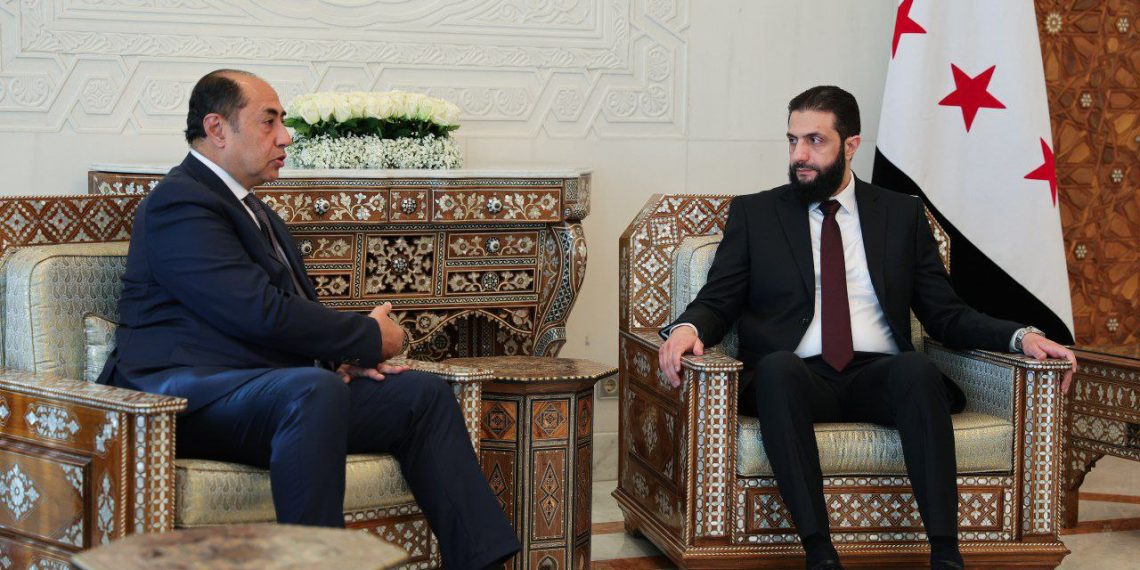With just a week remaining until the emergency Arab summit, it is still too early to set clear expectations—whether optimistic or pessimistic—about its outcome. This summit is regarded as the most critical one in light of the immense challenges facing the Arab region. It appears that the summit will proceed as scheduled on March 4 in the Egyptian capital, Cairo, following a postponement to finalize arrangements and preparations, as it was initially set for February 27.
On Sunday, news of Egyptian President Abdel Fattah al-Sisi’s official invitation to President Ahmed al-Sharaa dominated discussions, further intensifying questions surrounding the summit. President al-Sharaa’s potential participation stands as a significant development alongside the primary agenda item—the future of the Gaza Strip.
For Syrians, this event holds a dual significance: first, the participation itself (awaiting official confirmation), and second, the visit to Egypt—though the central focus remains on the participation. While their primary concern is the Gaza crisis and they will closely follow the summit with hopes of tangible measures to protect the enclave and its people, they are equally attentive to their president’s involvement. They view both his participation and the visit as key milestones, signalling a broader recovery of Syrian-Arab relations and a strengthening of ties between Syria and Egypt.
Although the summit’s primary focus is Gaza, Syria will also be a central point of discussion, even if not within the main sessions. Observers anticipate that President al-Sharaa will engage in a series of high-level meetings, most notably a nearly certain encounter with President Sisi. Given that most attendees are expected to be heads of state and government leaders, these discussions will occur at the highest level.
In this context, analysts highlight a pivotal meeting last month in Ankara between Syrian Foreign Minister Asaad al-Shibani and his Egyptian counterpart, Badr Abdel Ati, where key bilateral concerns were addressed. Additionally, they reference President Sisi’s congratulatory message to President al-Sharaa upon assuming office, in which he wished him success in “fulfilling the aspirations of the Syrian people for greater progress and prosperity.”
Syria’s stance on Gaza has also drawn attention. President al-Sharaa has openly rejected U.S. President Donald Trump’s proposal to relocate Gaza’s population to Egypt, Jordan, and other countries, urging Arab nations to formulate a more viable alternative. While Trump recently indicated a shift, stating that his plan would not be imposed but merely suggested as a means to encourage Arab-led solutions for Gaza, leaks suggest that he has not entirely abandoned it. As a result, U.S. pressure remains significant, particularly on Egypt and Jordan, the two most directly affected nations.
Widespread expectations point to the emergency summit producing a concrete stance on the matter, bolstered by an informal Arab “fraternal” mini-meeting held in Riyadh last Friday. This gathering is believed to have played a crucial role in solidifying the March 4 summit date.
This article was translated and edited by The Syrian Observer. The Syrian Observer has not verified the content of this story. Responsibility for the information and views set out in this article lies entirely with the author.


